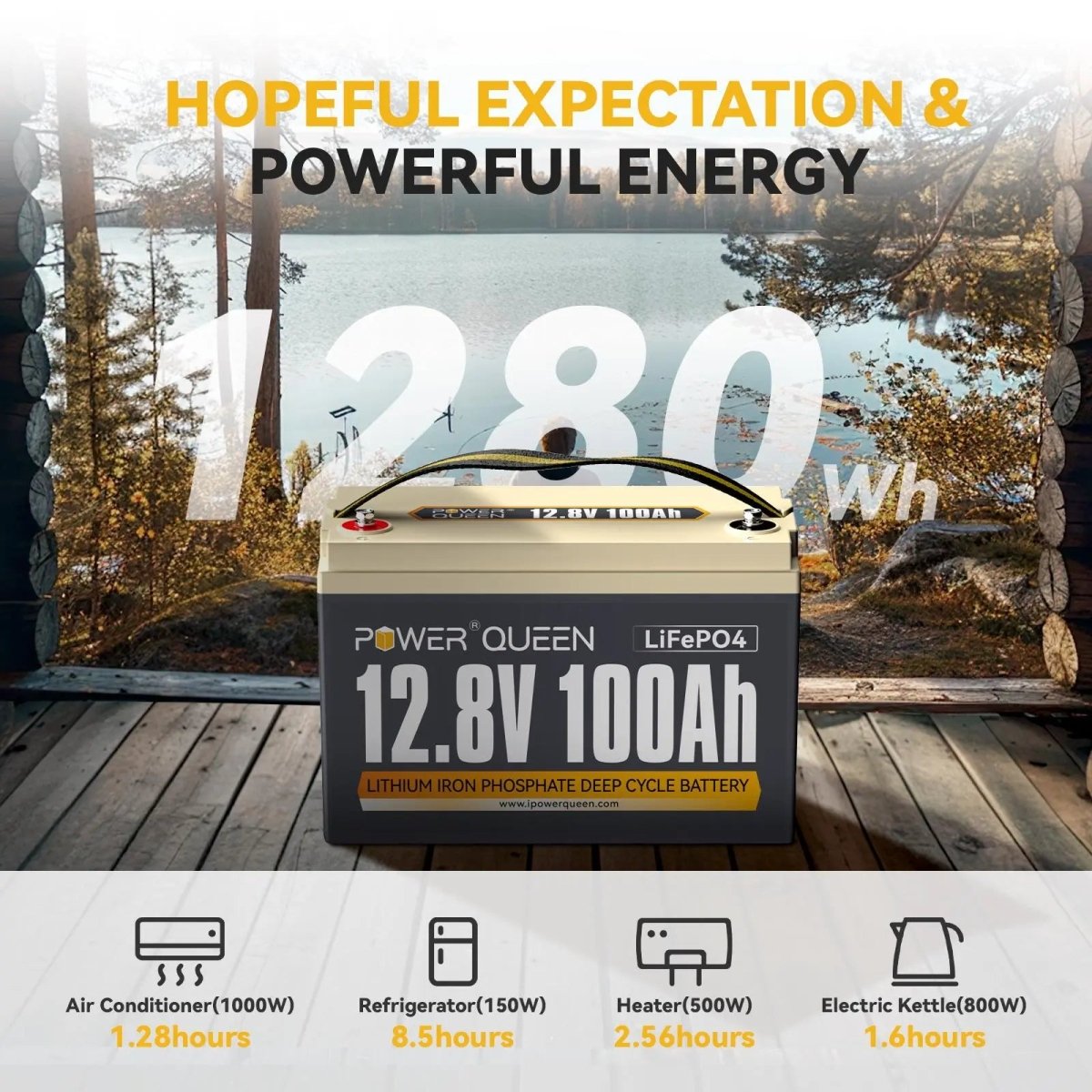|
|
|
Please share your messages, questions, concerns, or ideas. >
Why Solid-State Lithium Batteries Are the Next Big
Why Solid-State Lithium Batteries Are the Next Big
Page:
1
Guest
Guest
Feb 14, 2025
8:25 AM

|

Lithium batteries have grown to be an important part of contemporary technology, powering sets from smartphones and laptops to electric vehicles and renewable power storage systems. Unlike traditional lead-acid or nickel-cadmium batteries, lithium batteries offer higher energy density, longer lifespan, and faster charging capabilities. This ensures they are the most well-liked choice for some applications where efficiency and portability are key. The requirement for lithium batteries has skyrocketed in recent years, primarily because of the rapid expansion of electric vehicles (EVs), portable electronics, and solar technology storage solutions. As technology advances, lithium battery performance continuously improve, causing them to be a necessary element of the way forward for energy storage.
One of the largest benefits of lithium batteries could be high energy density, meaning they will store more energy in a compact size when compared with traditional battery types. This makes them suited to small, lightweight devices for example smartphones, tablets, and wearable gadgets. Additionally, lithium batteries employ a low self-discharge rate, permitting them to retain power for long periods without frequent recharging. Most of the great for applications just like medical devices, backup power systems, and emergency lighting, where reliability is crucial. The automotive industry in addition embraced lithium battery technology, as EVs depend on lithium-ion batteries to give you the necessary power for long-range, efficient performance. Furthermore, lithium batteries are employed in solar powered energy storage systems, enabling homeowners and businesses to save solar reducing attachment to the grid lithium golf cart batteries.
Despite their numberous perk, lithium batteries also come with challenges and safety concerns. One major concern is potential risk of thermal runaway, a scenario where the battery overheats and will catch fire or explode because of short circuit or overcharging. That's why battery management systems (BMS) are necessary to evaluate temperature, voltage, and charging cycles, ensuring safe operation. Additionally, the mining and extraction of lithium, cobalt, along with other rare materials used in battery production raise environmental and ethical concerns. The is working away at sustainable alternatives and recycling methods to minimize the impact of lithium battery disposal. Researchers are also exploring solid-state lithium batteries, which promise improved safety and better energy capacity without the danger of leaks or fires involving liquid electrolytes.
Not able to lithium batteries looks promising, with ongoing advancements directed at causing them to be better, longer-lasting, and environmentally friendly. Scientists are developing faster-charging lithium batteries that will reach full charge in a mere minutes rather than hours, that may revolutionize the EV industry. Additionally, solid-state lithium batteries are expected to get the next big breakthrough, offering greater energy storage capacity and enhanced safety compared to standard lithium-ion batteries. Recycling initiatives will also be improving, with new processes being developed to get better valuable materials from used lithium batteries, reducing the requirement of raw material extraction. As requirement for renewable power storage and electric transportation keeps growing, lithium battery technology may play an important role in shaping a sustainable and energy-efficient future.
|
Post a Message
|
|